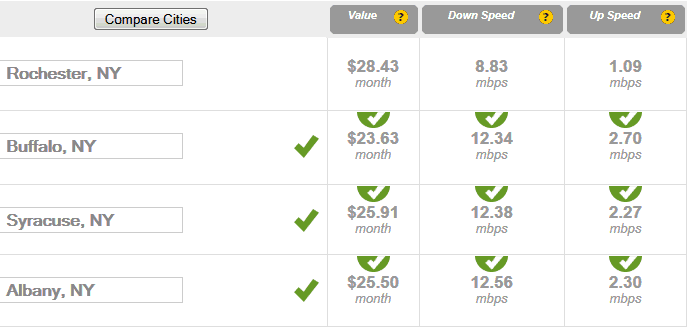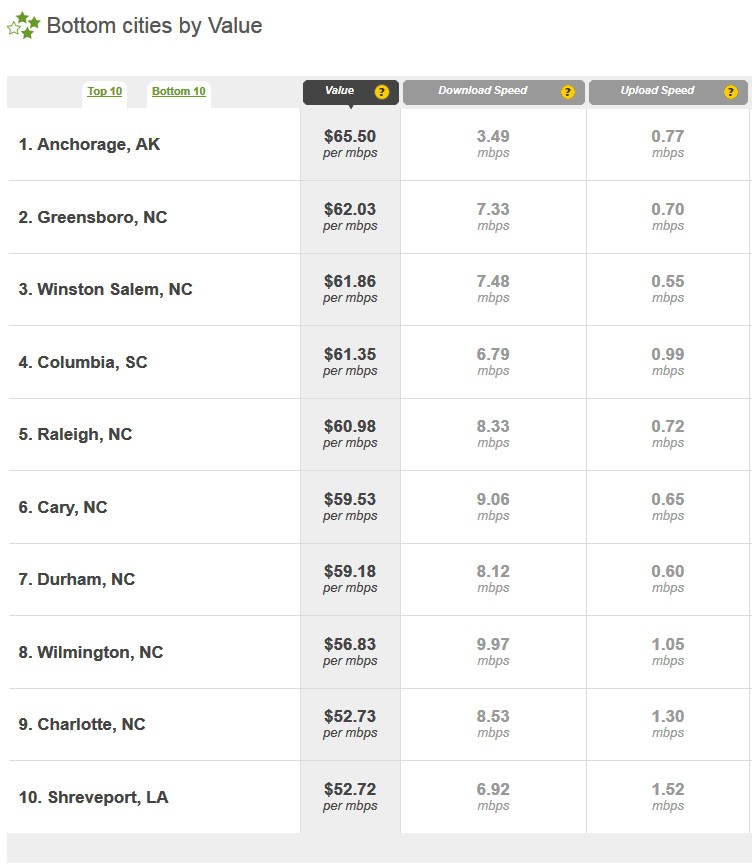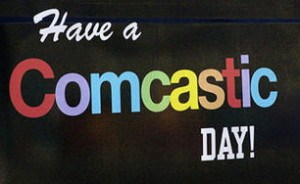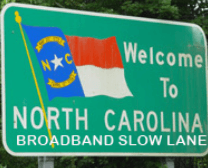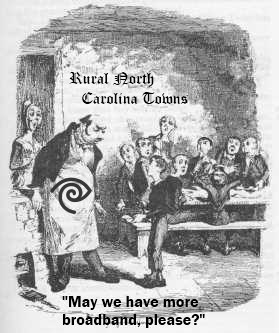In an upstate New York match-up, the Rochester/Finger Lakes region scored dead last in broadband speed and value, according to data from Broadband.com.
Why are broadband speeds so much lower in the Flower City? Blame Frontier Communications, which continues to pitch its decade-old DSL product, delivering an average speed of 4.45Mbps, while other upstate cities enjoy access and competition from Verizon’s fiber to the home network FiOS. Frontier DSL actually often costs more, after taxes and fees, than Time Warner Cable’s much-faster cable broadband product, Road Runner, which rates an average download speed of 12.77Mbps in Rochester. Frontier does manage to pull one win — higher upload speed DSL providers can often achieve in cities where cable operators keep upstream speeds as low as possible.
Time Warner Cable has dragged its feet upgrading broadband service in the area to its DOCSIS 3 platform other upstate cities have had since last year. DOCSIS 3 should arrive within the next 4-8 weeks, which should boost broadband speeds, but may not deliver lower broadband prices because of Frontier’s uncompetitiveness in the area.
The top city in upstate New York for download speed is the state capital, Albany. But Buffalo wins the contest for upload speed thanks to aggressive competition for Time Warner from Verizon in the Queen City. Buffalo also pays the least for service — nearly $5 less per month than residents in Rochester pay on average. Syracuse scores in the middle — but closer in terms of speed and value to other Verizon-served cities.
Slow and expensive broadband service can hamper economic development and costs consumers more. Unfortunately, there are no signs Frontier Communications has plans to do anything differently in its largest service area — a classic driver of the accelerating number of customers calling to pull the plug on their landline service.


 Subscribe
Subscribe